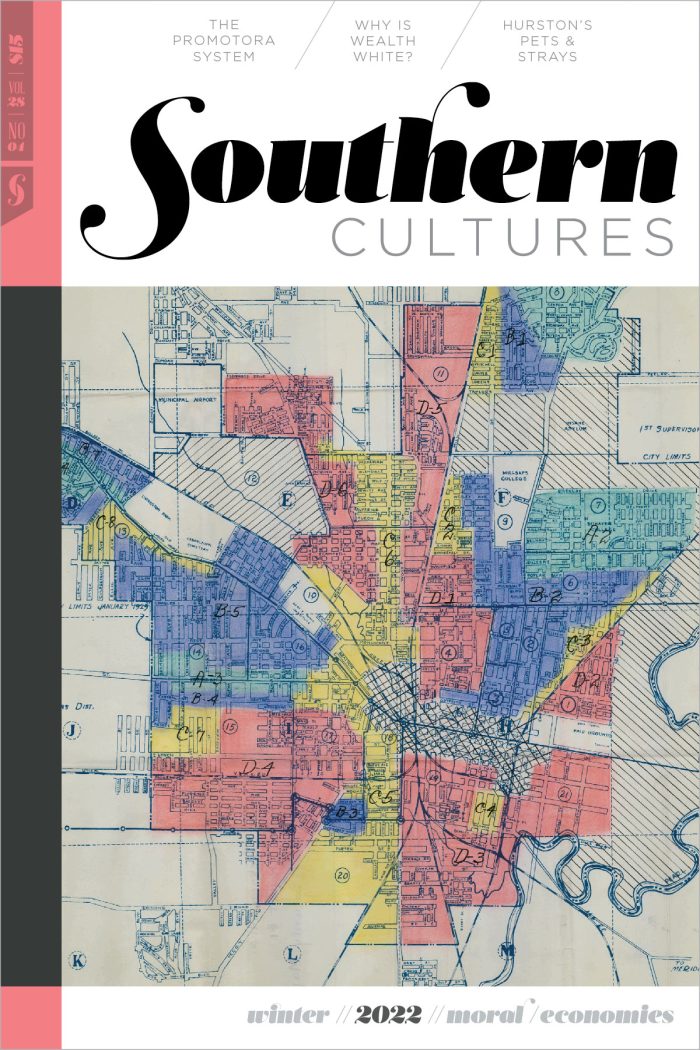“When the Immigrant Alliance for Justice and Equity came along, we got the chance to work together and ensure our voices were heard, just like our precedents who fought for our freedom and our rights.”
Early August in Mississippi is typically characterized by a flood of students returning to crowded hallways and heavily air-conditioned classrooms. For many Mississippi children, however, August 7, 2019, conjures not memories of reuniting with friends after a sweltering summer but instead the largest single-state workplace immigration raids in United States history. On that day, Immigration and Customs Enforcement (ICE) agents arrested more than 680 immigrant workers in food processing plants in the small Mississippi towns of Morton, Canton, Carthage, Pelahatchie, Big Spngs, and Walnut Grove. More than half of those detained worked in Morton, which has a population of 3,500, one quarter of whom are Latinx, and an economy dependent on its chicken processing plants.


